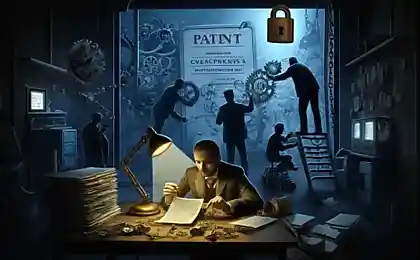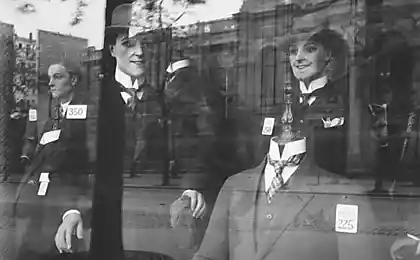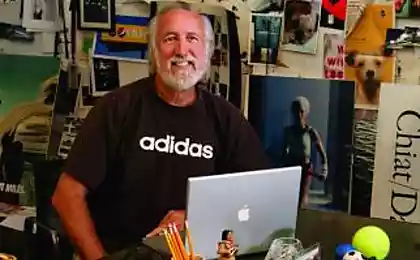1188
Inventions of the past
In 1899, the commissioner of the US Patent Office Dyuell Charles said: "Everything that could be invented has been invented».
I suggest to get acquainted with the sayings of scholars and influential people of the scientific and technological innovations.

Steamboat
French Emperor Napoleon did not trust technology, commenting on the news of the steam boat Fulton as follows: "You are going to light a fire under the deck of the ship, and these make him swim against the currents and winds? Sorry, but I have no time for such nonsense ».
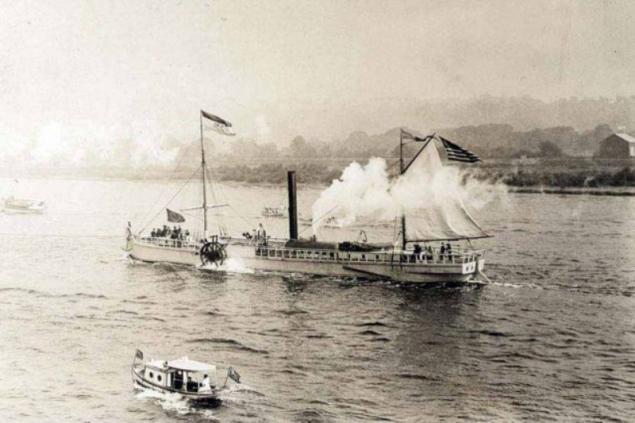
The locomotive
In 1864, Kaiser Wilhelm I came up with a very successful as it then seemed an argument against the locomotives, "No one will pay money to get from Berlin to Potsdam in one hour, because he can do the same thing on a horse for one day - moreover, completely free ».

Phone
In 1878 the company Western Union (Finance and Communications) distributed among the staff memorandum, which stated: "The so-called 'telephone' has too many shortcomings and can not be regarded as an effective means of communication. For our company it is of no interest. " At the same time the chief engineer of the British Post Office, Sir William Preece condescendingly remarked that "the United States need a phone, and we - no, because we have a full errand boys».
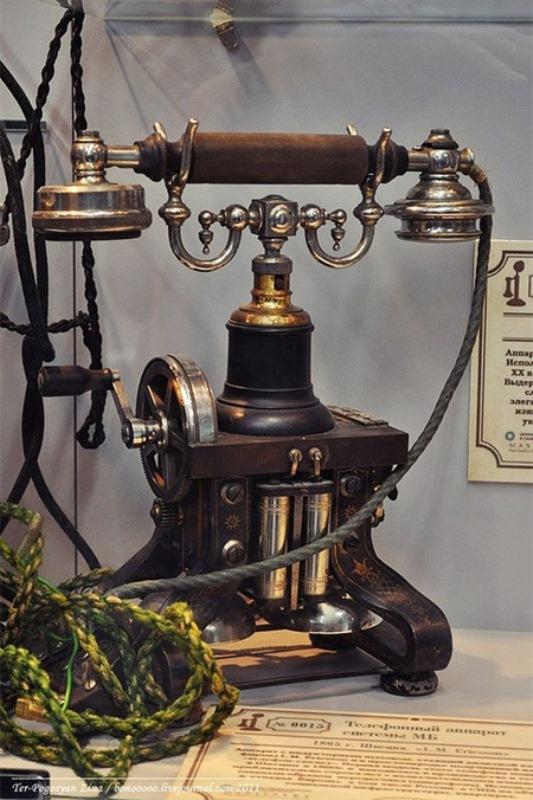
Car
When in 1909 Henry Ford's lawyer decided to become a co-owner of the car company of his famous client, the president of the Michigan Savings Bank to dissuade him: "Do not do it. Horses will always be, and cars - only new, temporary fad ».
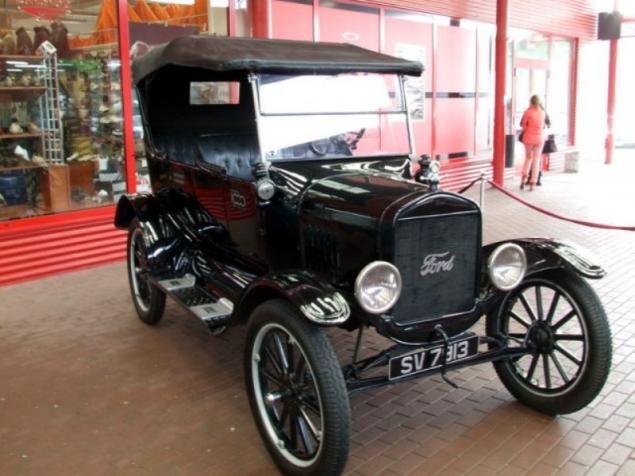
Aircraft
In the 18 months prior to the flight of the Wright brothers aircraft criticized respected scientist Simon Newcomb ("They are impractical and unlikely to fly"), and the Right Honourable Lord Kelvin, the head of the British scientific community, in 1895, he said the aircraft heavier than the air are impossible.
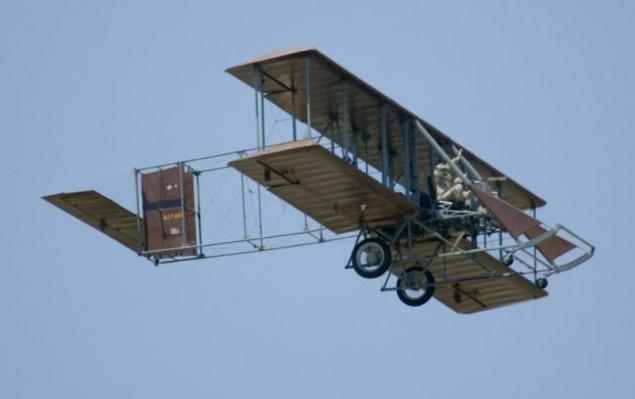
Radio
The same Lord Kelvin in 1897, "happy" radio, saying that he has no prospects. Partners David Sarnoff - a native of Belarus, and the founder of one of the world's largest radio corporations - doubted the wisdom of his investments: "Wireless music player will not be able to make a profit. Who will pay for a radio that is not addressed to anyone in particular? ».
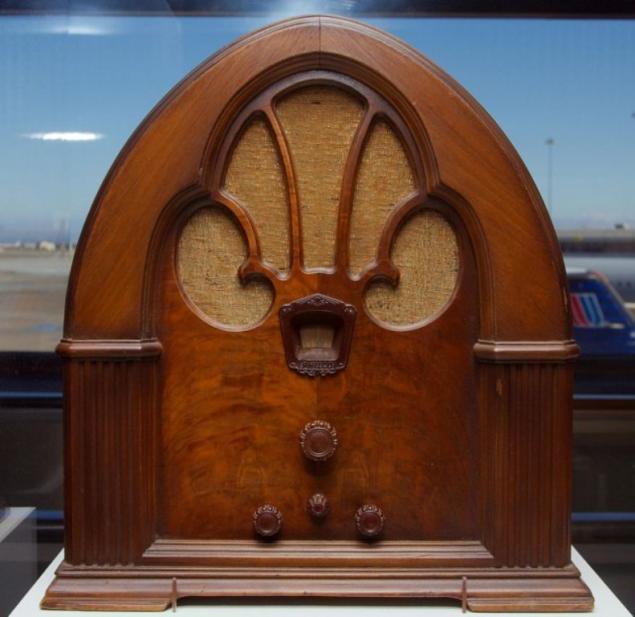
Submarine
Renowned science fiction writer HG Wells in 1901, wrote: "I must confess that my imagination refuses to imagine a submarine, which is good for anything else other than strangulation of his team and spontaneous flooding of the sea».
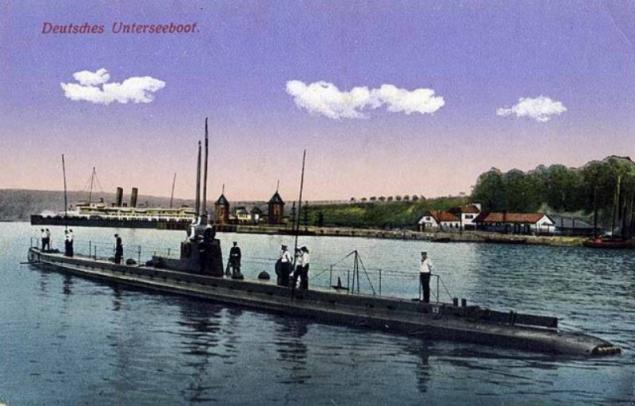
Tank
In 1916, British Field Marshal Douglas Haig criticized the nines tanks: "The proposal to replace the cavalry iron carts absurd and smacks of treason».

Movie
Harry Warner, one of the founders of Warner Brothers, in 1927, said, "Let all who are interested actors talk? "But just two years the number of sound pictures began to exceed the number of dumb tapes.

The atomic bomb
Winston Churchill in 1939, gave an assessment of the military potential of nuclear reactions: "This energy can be comparable in effectiveness with conventional explosives, but it is unlikely to produce more severe damage." In 1945, a five-star Admiral William Leahy, President Truman insisted: "This is the most stupid thing we've ever done. The atomic bomb will never explode. I'm telling you as an expert Demolitions ».

Television
Leading educational broadcasts Mary Somerville believes that television has no future, because it is - a series of bright flashes. A producer at 20 th Century Fox Darryl F. Zanuck seriously considered: "Television will not last long, because people quickly get tired every night staring at the wooden box».
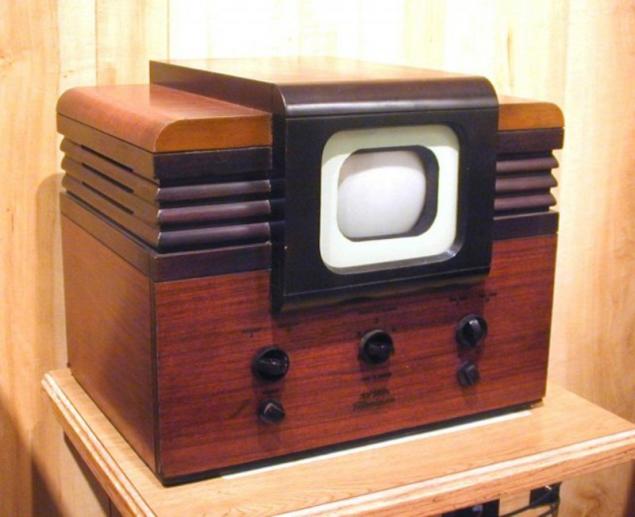
Computer
Often quotes Thomas Watson (founder of the corporation IBM): «In the world market there is a demand for about five computers" (1943), and Bill Gates: "640 kilobytes of memory is enough for all." In fact, these people are unlikely to have spoken like that. Gates has repeatedly renounced this phrase, and the accuracy of the quotes Watson's nothing confirmed. But it is known that the next director of IBM, in 1968 he heard about the microprocessor, puzzled asked, "why?". His colleague, the founder of Digital Equipment Corporation, Ken Olsen thought that: "No one may need to have a computer in his home».
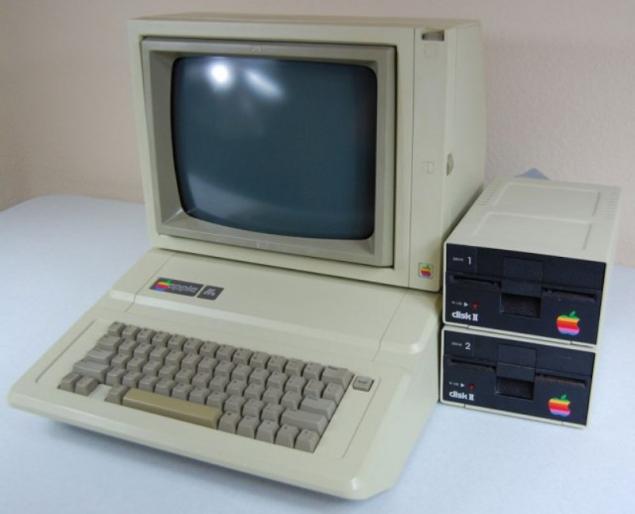
Source: pryf.livejournal.com
I suggest to get acquainted with the sayings of scholars and influential people of the scientific and technological innovations.

Steamboat
French Emperor Napoleon did not trust technology, commenting on the news of the steam boat Fulton as follows: "You are going to light a fire under the deck of the ship, and these make him swim against the currents and winds? Sorry, but I have no time for such nonsense ».

The locomotive
In 1864, Kaiser Wilhelm I came up with a very successful as it then seemed an argument against the locomotives, "No one will pay money to get from Berlin to Potsdam in one hour, because he can do the same thing on a horse for one day - moreover, completely free ».

Phone
In 1878 the company Western Union (Finance and Communications) distributed among the staff memorandum, which stated: "The so-called 'telephone' has too many shortcomings and can not be regarded as an effective means of communication. For our company it is of no interest. " At the same time the chief engineer of the British Post Office, Sir William Preece condescendingly remarked that "the United States need a phone, and we - no, because we have a full errand boys».

Car
When in 1909 Henry Ford's lawyer decided to become a co-owner of the car company of his famous client, the president of the Michigan Savings Bank to dissuade him: "Do not do it. Horses will always be, and cars - only new, temporary fad ».

Aircraft
In the 18 months prior to the flight of the Wright brothers aircraft criticized respected scientist Simon Newcomb ("They are impractical and unlikely to fly"), and the Right Honourable Lord Kelvin, the head of the British scientific community, in 1895, he said the aircraft heavier than the air are impossible.

Radio
The same Lord Kelvin in 1897, "happy" radio, saying that he has no prospects. Partners David Sarnoff - a native of Belarus, and the founder of one of the world's largest radio corporations - doubted the wisdom of his investments: "Wireless music player will not be able to make a profit. Who will pay for a radio that is not addressed to anyone in particular? ».

Submarine
Renowned science fiction writer HG Wells in 1901, wrote: "I must confess that my imagination refuses to imagine a submarine, which is good for anything else other than strangulation of his team and spontaneous flooding of the sea».

Tank
In 1916, British Field Marshal Douglas Haig criticized the nines tanks: "The proposal to replace the cavalry iron carts absurd and smacks of treason».

Movie
Harry Warner, one of the founders of Warner Brothers, in 1927, said, "Let all who are interested actors talk? "But just two years the number of sound pictures began to exceed the number of dumb tapes.

The atomic bomb
Winston Churchill in 1939, gave an assessment of the military potential of nuclear reactions: "This energy can be comparable in effectiveness with conventional explosives, but it is unlikely to produce more severe damage." In 1945, a five-star Admiral William Leahy, President Truman insisted: "This is the most stupid thing we've ever done. The atomic bomb will never explode. I'm telling you as an expert Demolitions ».

Television
Leading educational broadcasts Mary Somerville believes that television has no future, because it is - a series of bright flashes. A producer at 20 th Century Fox Darryl F. Zanuck seriously considered: "Television will not last long, because people quickly get tired every night staring at the wooden box».

Computer
Often quotes Thomas Watson (founder of the corporation IBM): «In the world market there is a demand for about five computers" (1943), and Bill Gates: "640 kilobytes of memory is enough for all." In fact, these people are unlikely to have spoken like that. Gates has repeatedly renounced this phrase, and the accuracy of the quotes Watson's nothing confirmed. But it is known that the next director of IBM, in 1968 he heard about the microprocessor, puzzled asked, "why?". His colleague, the founder of Digital Equipment Corporation, Ken Olsen thought that: "No one may need to have a computer in his home».

Source: pryf.livejournal.com




